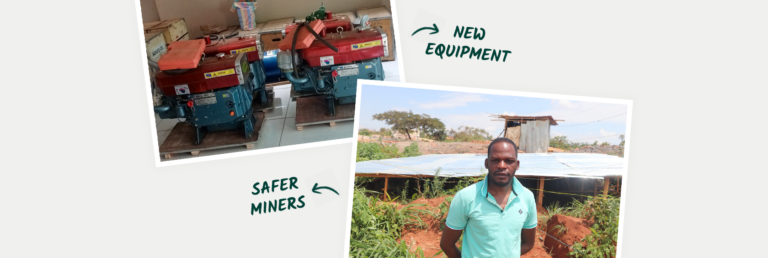Let’s talk about industry scoring systems
As people become more aware of the importance and possibilities of sustainability in electronics, industry rating systems are increasingly common to see listed next to a product, or announced with great fanfare in a company blog post. Lots of us look for specific rating labels when considering purchases – like the French Repairability Index. But what do such rating systems measure, and how do they reflect the efforts of a business to function fairly?
How do you measure sustainability?
When it comes to electronics, sustainability rating systems measure a company’s or product’s performance against established benchmarks in categories such as environmental impact, production, ethics, working conditions, use and disposal of devices and procurement. They usually examine specific topics like repairability, sustainability, environmental footprint or social impact programs. In fact, we are sometimes consulted by such rating organisations to help shape what is assessed.
These rating systems are useful for both businesses and consumers. The focus areas defined by such systems are relevant points of guidance for any company trying to move in a more sustainable direction, and ratings help consumers make informed decisions.
There is room for improvement
However, the evolution of the electronics sector is starting to outpace the rating systems. Product ratings are especially prone to this, as the majority focuses primarily on technical and environmental aspects of a product, without taking the social footprint into account. While for the social side, customers are more dependent on company level ratings like Ecovadis or certifications such as B-corp. This means that a significant part of the product level rating systems end up unintentionally overlooking – or even penalising – social efforts. For example, if we consciously decide to source Fairtrade gold over recycled gold, this has a negative influence on our recycled material use rating. At Fairphone, while we do refer to more product and industry rating systems that are area-specific, in our impact strategy we take a holistic approach. For us, environmental and social responsibility go hand in hand to achieve lasting, systemic change. We acknowledge, for example, that recycling isn’t going to solve our dependence on mining overnight. We therefore actively invest in improving the working conditions in mines where we can make a true difference and that we know, due to increased demand for materials, will be supplying the industry for decades to come.
The adverse scoring of positive disruption
Many in the electronics industry want to avoid being associated with artisanal and small-scale mining because of potential risks to their brand’s image, but we don’t avoid hotspots where social and environmental challenges exist: we tackle the issues head-on to work towards lasting improvements in those areas. This attitude isn’t something that product rating systems yet account for – and can sometimes even result in lower scores for products that prioritize fairly mined materials over recycled materials.
Similar to the social impact of electronics, we also work to minimize the environmental impact of our products – particularly when it comes to ensuring our phones can be easily repaired and upgraded. This is crucial to allow users to keep their phones for longer, which lowers their environmental footprint. The industry is catching up on the concept of repairability, with initiatives such as the French Repairability Index being launched and coming into effect this year. However, while stretching the lifetime of your phone can reduce up to 40% of the phones’ carbon footprint, the key factor to achieve this – making it easier to repair and upgrade- is not valued or is heavily undervalued in most environmental product ratings.
Calling for a more balanced approach
One additional factor to keep in mind when reflecting on these rating systems is that they are generally based on self-reporting. Without overarching, ambitious guidance to challenge and test a company’s logic in their self-declarations, a phone that is sealed shut can score the same as (or higher than) an easily repaired phone, or a phone that sources a percentage of its gold from mines with poor working conditions can score higher than one that sources Fairtrade gold.
For the above reasons, we are calling for a more balanced approach in product ratings, which values impacts on both planet AND people. Rating systems are of increasing importance for consumers and the industry as a whole. That’s why we will continue to encourage the development of a more nuanced ratings system which, for example, balances the need for more recycled materials as well as fair mined materials. Making sustainability a central consideration when choosing a new product is a great step in the right direction. We will keep on working to raise the bar on circularity and fairness, and we’ll continue challenging the industry to keep up with us!
Want to know more about how Fairphone is creating systemic change in the electronics industry? Read about our efforts to source more fair materials and how fair sourcing can change the electronics industry.



